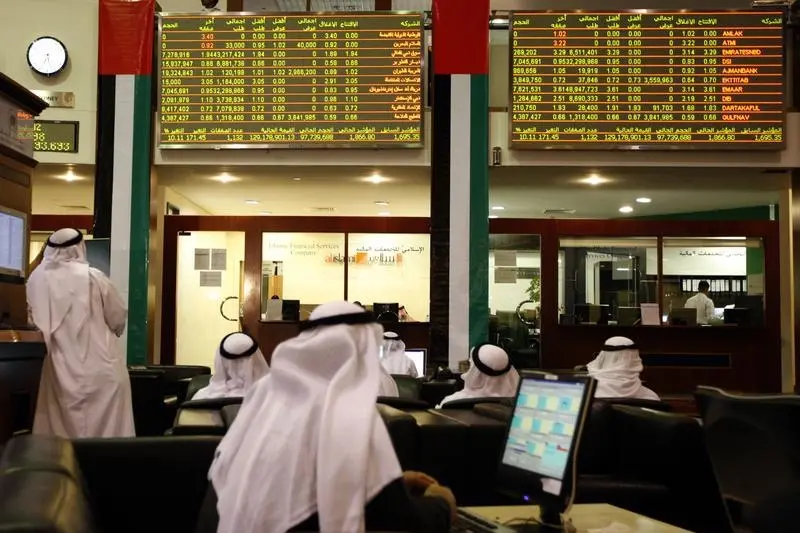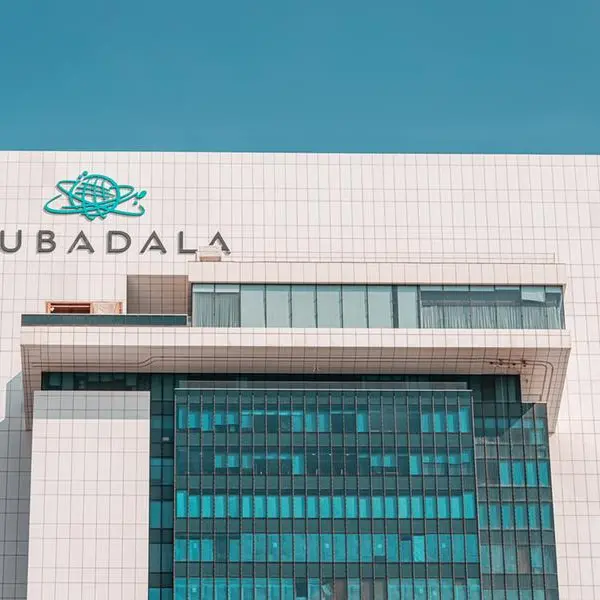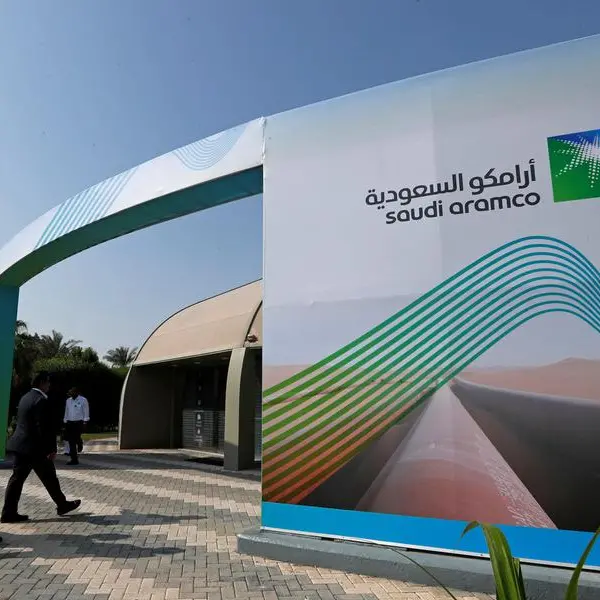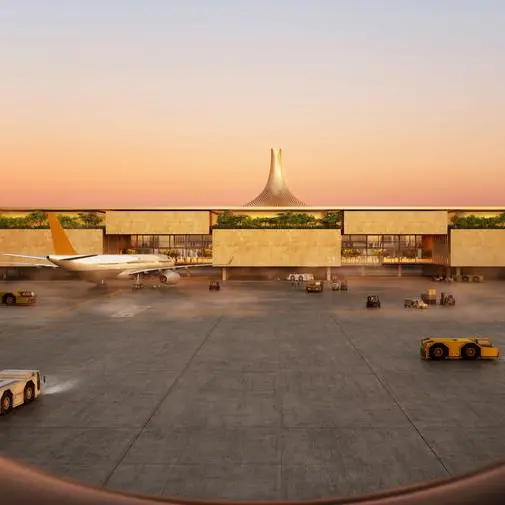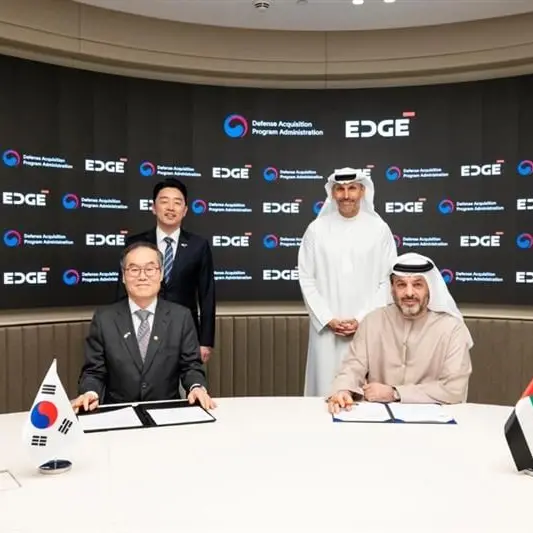PHOTO
With the launch of a new financial centre, Abu Dhabi could emerge as a growing asset management centre. Mena Fund Manager takes a closer look at the latest developments in the emirate
The region's thriving asset management sector saw a further addition towards the end of last year with the launch of Abu Dhabi Global Market (ADGM). The new financial centre is likely to mark a bold step for the emirate's plans to attract new firms and develop the local asset management sector. As the UAE's richest emirate, Abu Dhabi is already home to a large number of wealthy investors and a thriving financial services community. Despite the close proximity of northern neighbour Dubai's highly successful DIFC, industry participants have welcomed the addition of the ADGM to the region.
Money to invest
Abu Dhabi is home to the majority of the UAE's vast oil and gas reserves, holding 94% of the country's 97.8 billion barrels of proven oil reserves, according to the US Energy Information Administration. With the largest hydrocarbon reserves in the UAE, Abu Dhabi was able to see out the difficulties of the financial crisis in 2008.
Abu Dhabi's ample reserves have allowed it to accumulate a high concentration of wealth, further strengthening its appeal as a new destination for asset managers, banks and wealth managers. The emirate has a thriving investor community with plenty of money to invest. According to rating agency Moody's, Abu Dhabi had a forecast GDP per capita of $75,214 during 2015, making it one of the wealthiest places in the world.
It is home to the region's largest sovereign wealth fund (SWF) in the Abu Dhabi Investment Authority, and a number of other multi-billion dollar funds also call the emirate home, including Abu Dhabi Investment Council, the International Petroleum Investment Company and Mubadala Development Company.
ADGM, located on Abu Dhabi's Al Maryah Island, is comprised of three independent regulatory authorities: the Registration Authority, the Financial Services Regulatory Authority and the ADGM courts.
It follows a similar format to other successful financial centres around the world. It has a 0% tax rate for 50 years, permits 100% foreign ownership and employs common law in civil and commercial matters. Since the creation of ADGM was first announced in 2013, the financial centre has accumulated a Who's Who of global watchdogs to lead the centre, appointing former Singapore Exchange chief regulatory officer Richard Teng as CEO of the regulator early last year.
The asset and wealth management focus is clearly at the front of the minds of the architects behind the financial centre, although it has the flexibility to offer other financial services.
"One of the first things we did was to ask people is whether they wanted a financial centre and what they wanted from it," says Steve Barnett, financial centre development director for ADGM. "The overwhelming response was that they wanted us to grow the wealth management and asset management environment."
Barnett adds: "Abu Dhabi is a wealth centre: it has more than $1trn of wealth invested around the world, has two of the largest sovereign wealth funds and has among the highest GDP per capita.
"The starting point for us is to build a centre for private banking, asset management and wealth management - particularly family wealth. These will be the catalysts for building an international financial centre. If you build a very strong buy-side you also make it attractive for the sell-side."
As well as broadening its appeal for international firms, the financial centre also has begun to draw interest from a number of Abu Dhabibased companies who have signalled to Mena Fund Manager the attraction of having a new financial free-zone on its doorstep.
"ADGM is a very good addition to the regulatory framework of the UAE. It adds great value to the Abu Dhabi offshore regulatory environment," says Mustafa Kheriba, COO at Abu Dhabi Financial Group (ADFG).
"There is great potential and we are looking at becoming part of that; we are in the process of discussing that with the regulator. We are home-grown: we were born in Abu Dhabi, we are successful in Abu Dhabi and it makes sense for us to become part of ADGM."
Lower oil revenues
The launch of ADGM is a welcome step for the development of the region and the emirate's financial services industry.
However, the launch of the financial free-zone comes at a difficult time for asset managers and investors who have come under increased pressure since the onset of lower oil prices. Recent falls in oil prices have posed difficulties for producers throughout the region and could potentially have an effect on the emirate's economy should the ongoing lower oil price environment continue.
As one of the world's largest producers, Abu Dhabi's fortunes remain linked to oil prices, which have been affected by a drop in demand and surplus supply as OPEC peers have continued to maintain production levels.
The impact of lower hydrocarbon revenues might not be a major concern for the emirate, however. Rating agency Fitch Ratings noted earlier this year that although Abu Dhabi's budget deficit had widened during 2015 as a result of lower hydrocarbon revenues, there was little cause for concern.
"Sovereign net foreign assets were an estimated 222% of GDP at end-2015, and debt was 1.7%, all of it external," it noted. "Erosion of these buffers will be slower than in other Fitch-rated oil exporters, due to a low fiscal breakeven oil price of $54/barrel.
"Consequently, the emirate has time to adjust its public finances to an expected 41% drop in oil revenue between 2014 and 2016."
Fitch highlighted the implementation of reforms at a country-wide level, benefiting Abu Dhabi as the biggest contributor to the federal budget. It also noted the consultations over potential bond issuance of up to AED40bn ($10.9bn) during 2016.
Indeed, while concerns may abound for some of the oil-producing economies in the region, many local investors remain optimistic.
"We are very bullish about the local market and the region," says ADFG's Kheriba. "Oil prices do have an impact, both globally and locally, but the UAE is a lot safer; it's a very diversified economy."
Investment opportunities
While the outlook for oil revenues remains uncertain, there remain a number of local investment opportunities for investors in Abu Dhabi. A new real estate law in Abu Dhabi should provide a stronger foundation for inward investment, according to property advisory firm Knight Frank. While take-up is likely to remain muted as the oil price environment remains low, longer-term the move should help bolster choice and competitiveness in the market, it noted.
Indeed, as regional stocks and bonds have looked unattractive to investors following recent volatility in markets, the appetite for liquid, alternative assets such as real estate in the region has remained strong. The development of Al Maryah Island itself provides a number of opportunities for the 114-hectare site. However, there are a number of large-scale projects in and around the UAE capital that investors can also pursue.
The Abu Dhabi Exchange had a market capitalisation of $106.8bn at the end of January, making it one of the largest stock exchanges in the region, according to data from the World Federation of Exchanges. It has also dropped by 9% over the past year, potentially offering an attractive entry point for investors.
Although it remains to be seen if the combination of the emirate's significant wealth and a new regulatory framework will draw in investment firms and investors from overseas, with the groundwork now having been laid, the momentum is with Abu Dhabi's asset management sector to continue growing.
© MENA Fund Manager 2016
